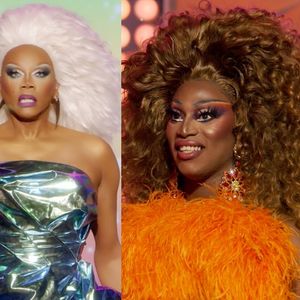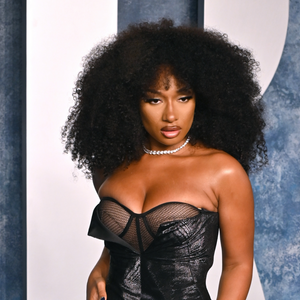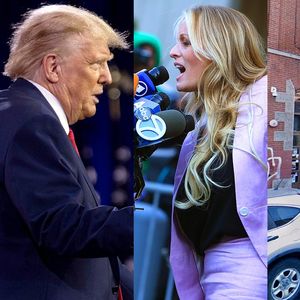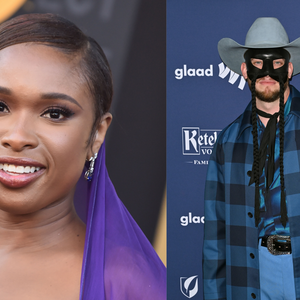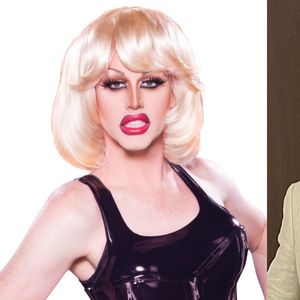The young adults
of Generation Next are more optimistic, more tolerant,
and more likely Democratic voters than their predecessors,
according to a new study. They are also more accepting
of same-sex marriage: Forty-seven percent of those
ages 18 to 25 favor allowing gays and lesbians to marry,
while 30% of those 26 and older favor same-sex marriage.
The group's tilt toward the Democratic Party is
far different from the previous younger generation,
known as Generation X, who grew up during the Reagan
administration of the 1980s and was more inclined to support
Republicans. ''This portends a significant political impact
as they get more engaged,'' said Scott Keeter, a
researcher from the Pew Research Center. ''If they
carry their party leanings with them, that will make a
big difference.''
Forty-eight percent of young adults ages 18 to
25 said they were Democrats or leaned in that
direction, while 35% said they were Republican or
leaned that way in 2006, according to Pew polling.
While they are
generally an optimistic group, large majorities think that
casual sex, binge drinking, illegal drug use, and violence
are more prevalent among young people today. Asked
about their generation, most say getting rich and
being famous are top goals.
The study found that the young adults:
- are less inclined to vote than older
generations, although young voter turnout was up
significantly in 2004. About 54% of those from 18 to 24
voted in 2004, and 74% of those 25 and over voted, Keeter said.
- have more liberal views than other generations
on questions of race, homosexuality, and immigration.
- read newspapers and follow the news on
television and radio less than those in older generations.
- keep in close touch with their parents, both
for advice and for financial help.
- are inclined to use online social networking
sites like Facebook and MySpace. More than half had
used one of these sites.
- tend to most admire people they personally
know rather than the famous. Entertainers were twice
as likely to be named as political leaders.
- have often gotten a tattoo, dyed their hair an
untraditional color, or had a body piercing.
The study, a collaboration of the Pew Research
Center and MacNeil/Lehrer Productions, is based on
Edison-Mitofsky exit polls, past Pew polls, and a Pew
survey of 1,501 adults, including 579 people ages
18-25, taken September 6-October 2. The
study had a margin of sampling error of plus or minus
3.5 percentage points, and five percentage points for the
young adults. (Will Lester, AP)































































